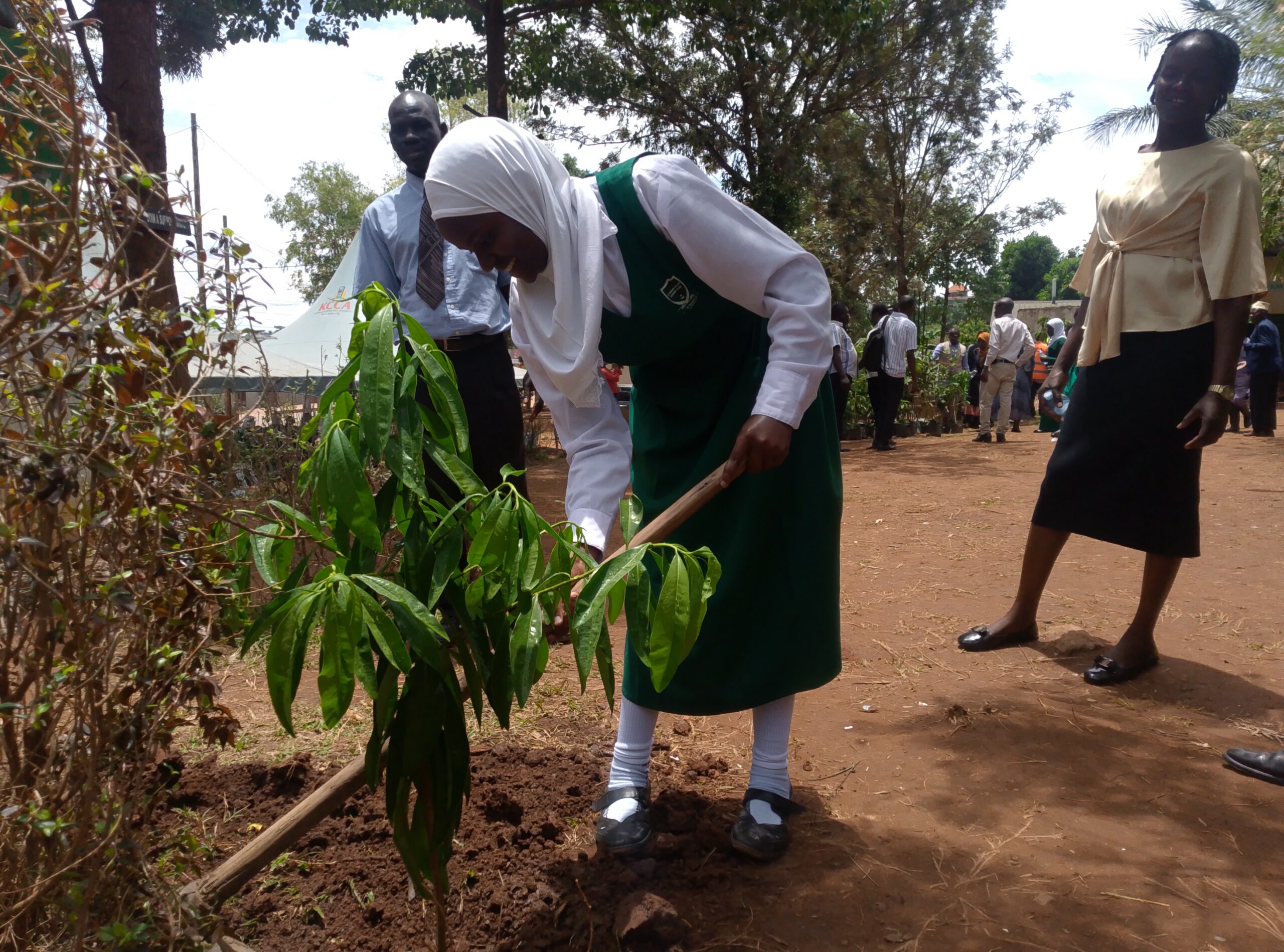
 Mama FM
Mama FM

 Mama FM
Mama FM
21 March 2025, 3:17 pm
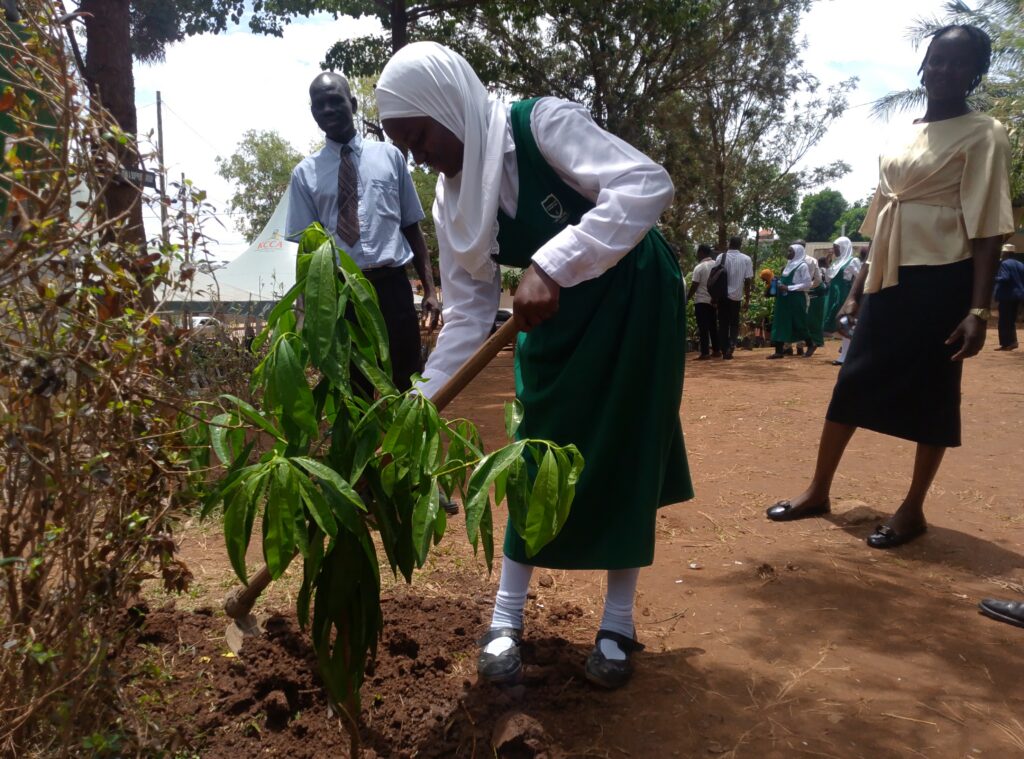
By Byamukama Alozious
In celebration of International Day of Forests, the Kampala Capital City Authority (KCCA), as part of its urban forestry initiative aimed at planting over 3,000 trees annually, planted trees in Kyanja. The event, held at Kyanja Muslim Primary School in Nakawa Division, brought together students, teachers, and community members to plant trees and learn about the importance of urban forestry.
George Odongo, Acting Supervisor, Landscape, stated that while KCCA is meeting its tree-planting targets, it faces challenges due to limited space. “Developers are constructing malls, cutting down trees, and installing billboards, posts, and other structures. That’s why we are now focusing on schools, where the survival rate of the trees is assured,” Odongo explained.
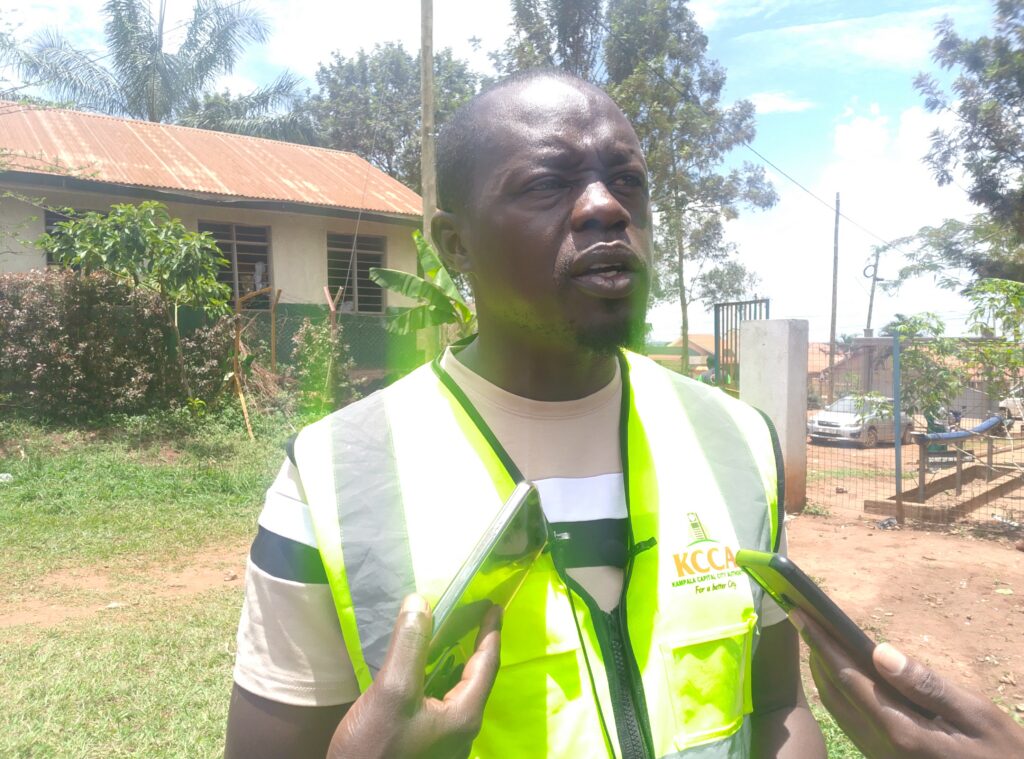
Suzan Mugema of Kampala Pharmaceutical Limited emphasised the importance of trees in providing food and other benefits. “Trees go beyond just giving us shade and acting as windbreaks; they also provide us with food,” Mugema said.
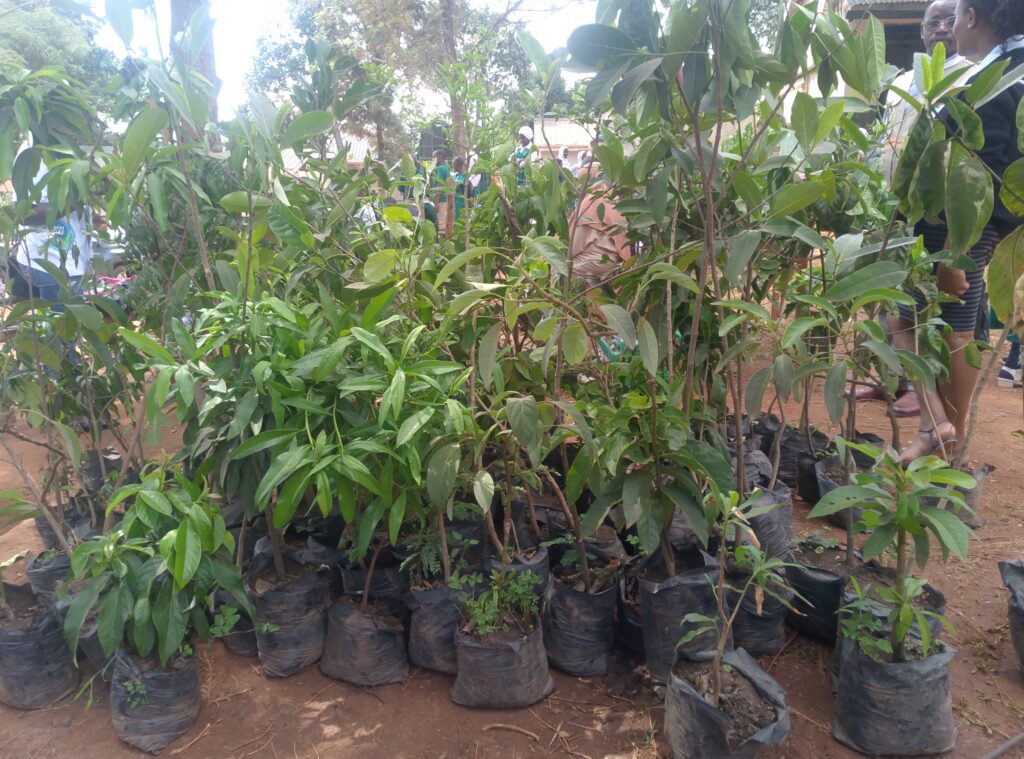
The initiative is part of KCCA’s efforts to promote sustainable urban development, mitigate the effects of climate change, and improve the quality of life for Kampala’s residents. Nelson Tuyambaze, Forester for Nakawa Division, emphasised the importance of urban forestry practices, including assessing trees with communities and removing branches that pose risks. He encouraged people to view trees as a source of food, highlighting their multiple benefits, including air, food, charcoal, and carbon sequestration.
Dr. Mary Anyango, the Education Officer for Nakawa Division, highlighted that the trees planted would bring positive changes in the future. She emphasised their benefits, including local medicine, shade, food, and oxygen.
Similarly, Mugoya Khalifani, Head Teacher of Kyanja Muslim Primary School, expressed appreciation for the trees. He added that the school already has a micro-forest, which was recognised as one of the best. He encouraged the students to take care of the trees and enjoy their benefits.
KCCA is also reviewing its green infrastructure ordinance to establish targets and guidelines for building barriers around newly planted trees. This move is expected to enhance the survival rate of the trees and promote sustainable urban development.
Kato Godfrey from Kyanja Demonstration Farm explained that the farm provides local species of trees, including fruit trees, to promote food security. “We are trying to promote local species, and we encourage people to visit our farm to learn more,” Godfrey said.
KCCA has warned beneficiaries not to sell the plants given to them, which include maroon lettuce, self-irrigating celery, peppermint, cayenne pepper, neem, and jackfruit.
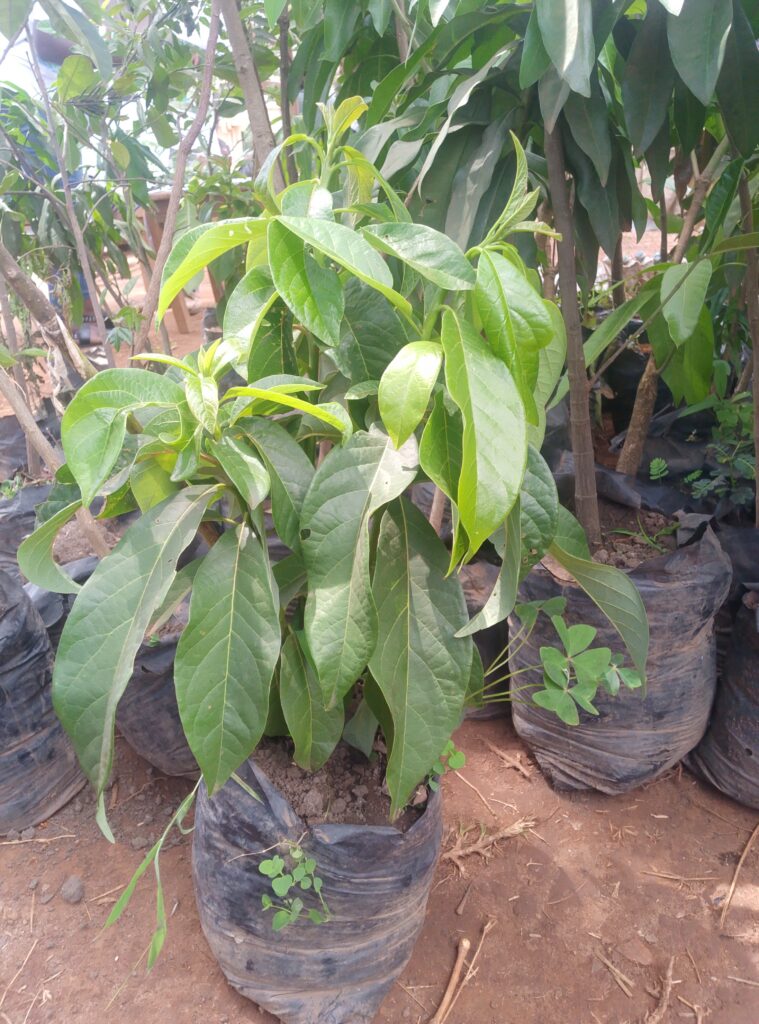
The theme of this year’s International Day of Forests is “Forests and Food,” highlighting the crucial role that forests play in providing food, livelihoods, and sustainable development. KCCA’s urban forestry initiative aligns perfectly with this theme, as it seeks to promote the importance of trees and forests in urban areas while providing benefits to local communities.